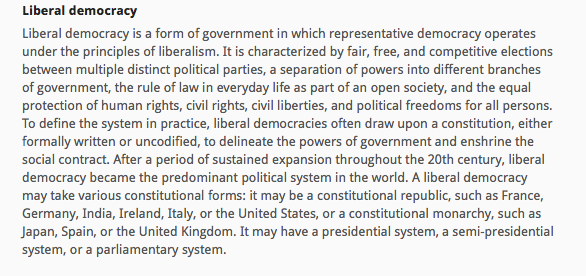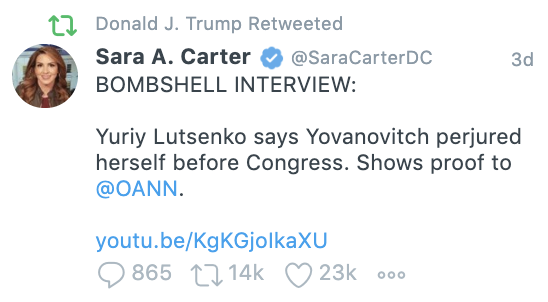Exactly right⤵️
The question is how much pain must be suffered along the way—until people come together to do what needs to be done.
What's needs to be done, you ask?
Looking at how countries fought off authoritarianism offers lessons.
Please don’t underestimate the value of @walshfreedom saying he’d endorse the democratic nominee—whoever that is—and @BillKristol saying this ⤵️
(But I say "no" when former GOP operators tell Democrats to fight like Republicans. Fighting fire with fire burns the place down. Listen to Prof. Levitsky:
)
The only thing that will change them is if they see a blue wave coming and want to save their own hides.
Those stats are available. Elected officials know how to read those numbers.
See my list for ways to get started: terikanefield-blog.com/things-to-do/
Pinochet came to power the 20th century way, through a military coup. Info from⤵️. My husband experienced the Pinochet dictatorship, so I have firsthand accounts too.
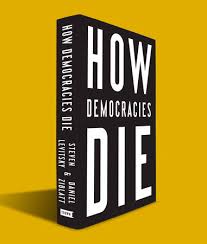
Chile was bitterly divided and the parties hated each other.
Political leaders from opposing parties couldn’t even bear to speak to each others.
Eventually they rebuilt trust.
By 1985, the anti-Pinochet forces came together and signed a National Accord for a Transition to a Full Democracy.
Staring into the abyss of a brutal dictatorship taught the Chileans a lesson.
We need to learn from their experiences.
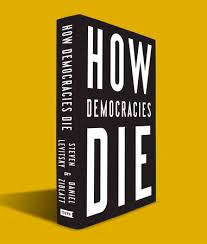
Thus, when enough of Pinochet’s critics figured out how to negotiate with each other, Chileans were able oust Pinochet.
Extremists will always be with us. A long term problem is figuring out better ways of dealing with those who are inclined toward authoritarianism.
It also means everyone has to get involved.
Which brings me to another opportunity to tweet this song by @YelloPain
If anyone here thinks that we we'll turn a corner reach a Rose Garden of Perfect Democracy and never have any more problems, well, wake up to reality.
Chile had a long period of model democracy. . .

It's never over.
Unless enough people say, "Democracy is too much work. Autocracy is easier." Then it's over.
21st century fascism differs in marked ways from the 20th century (even though there is a lot of overlap.)
Snyder explains this, too. Hitler and Mussolini were interested in power. They were not also looking for personal wealth. . .
21st century fascists want both wealth and power. This makes "governing" trickier. . .
It appears the long range plan is either:
🔹Trump's lies mask what he's doing until it's too late for his supporters to catch on, or
🔹there is no long range plan.
This is our second wave of fascism. Hopefully we learn better next time how to anticipate it rising again.
He says fascism is a popular uprising and thus can only arise in a democracy with widespread voting—which is why it didn’t appear until the 20th century.
That means it's new. We're on a steep learning curve.

Haidt and Stenner, in “Authoritarianism Is Not a Momentary Madness, But an Eternal Dynamic Within Liberal Democracies,” (in ⤵️) argue that some people will never live comfortably in a liberal democracy.
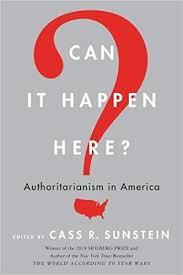
Notice I said "tendency." There are steps we can take . . .
